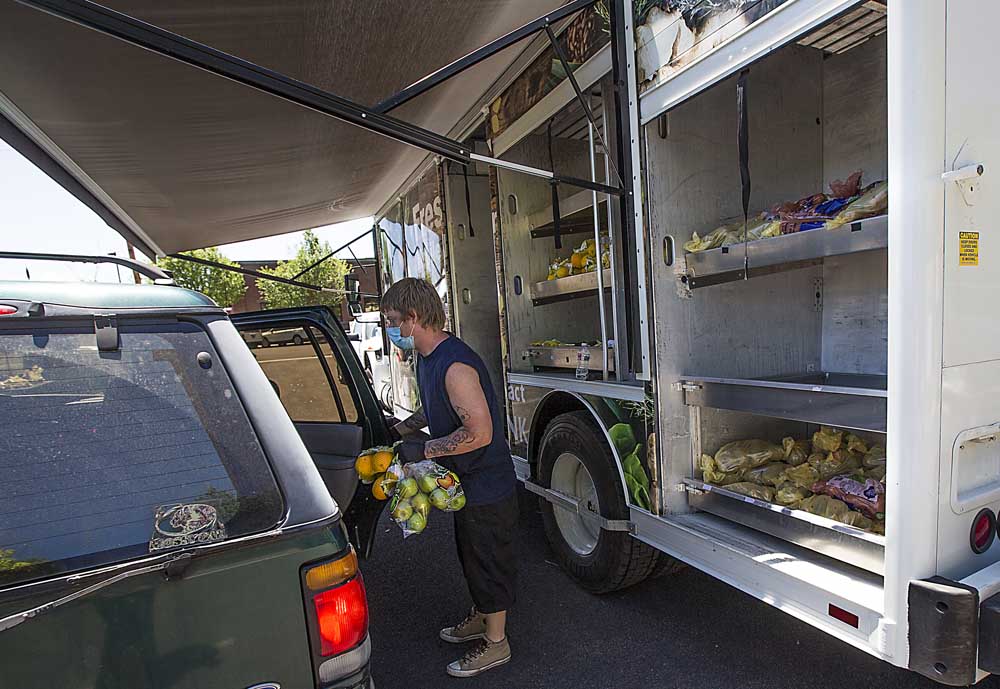Editorial: A new episode of housing versus parks
Published 7:29 pm Friday, May 2, 2025
Policy choices in government can make attempts to find a just-right balance a sham. Coming this week may be another such episode with balancing housing and parks, in a decision before the Bend Park & Recreation District board.
Bend’s housing needs border on the desperate with too few homes built and housing prices driving people away.
At the same time, Bend has an excellent park system. It should keep it. As Bend grows more dense, the ability of the park district to add more parks to serve that growing population is constricted and gets pricey. And the city wants housing incentives that the park district calculates will cost it revenue.
The housing v. parks conflict flared briefly last year when the park district developed a policy to review housing incentives the city sent the park district’s way. Mayor Melanie Kebler was “a bit alarmed” at the park board discussion. It seemed the park district was not supportive of the city’s efforts to create more housing. Nathan Hovekamp, then the park board chair, criticized the diversion of money intended to fund parks into housing incentives he believed were “kind of a gift to developers.”
That frisson of tension seems to have faded. But on Tuesday the park district board is again going to be reviewing a package of city housing incentives, which are essentially tax breaks. They may mean the park district will see less money for parks, at least for the next few decades.
The park district calculates the cumulative impact of proposed and existing housing incentives will be about $32 million less for the park district over the next 32 years, while the incentives are in place.
The new proposed incentives “do not directly align with the district’s mission of providing park and recreation services and in the near term would reduce property tax monies needed to provide park, trail and recreation services,” a district memo says.
But balance that view against Bend’s housing crisis. Housing in Bend is a chore to find and when people find it, many end up paying more than 30% of their income on housing. Most jobs in the Bend/Redmond area don’t pay enough to support market rate rent on one income. And the city of Bend says the number of Bend households that cannot afford market rate rent is 45%.
Building more housing with this latest package of city incentives is not going to wipe away Bend’s housing problems. It should help. The projects are designed to create about 695 residential units with 18% of them being more affordable.
The challenge for the park district board is it can only make comments on what the city is proposing. It’s up to the Bend City Council to accept, reject, or amend the plans. The Bend City Council is in control of part of the future of Bend parks, not the park board.
We would rather not have Bend’s park system and services deteriorate, but housing is where the crisis is.






